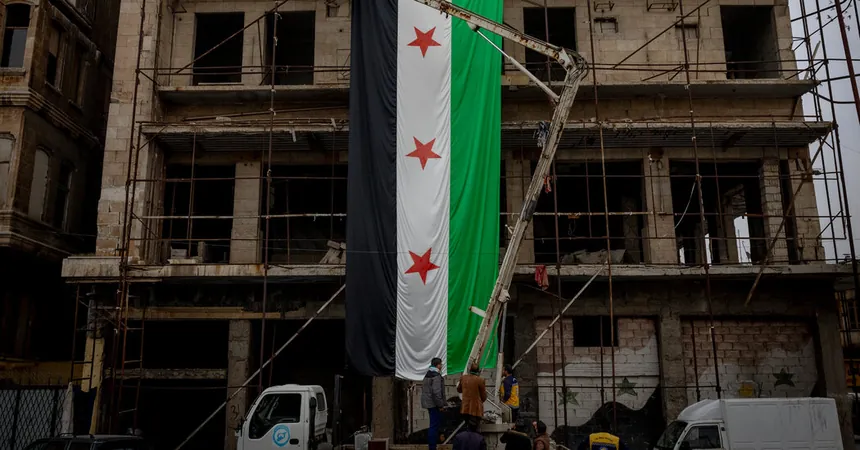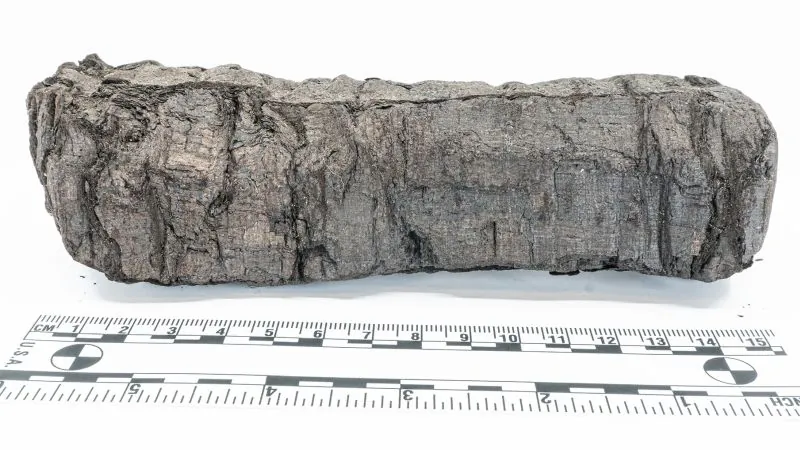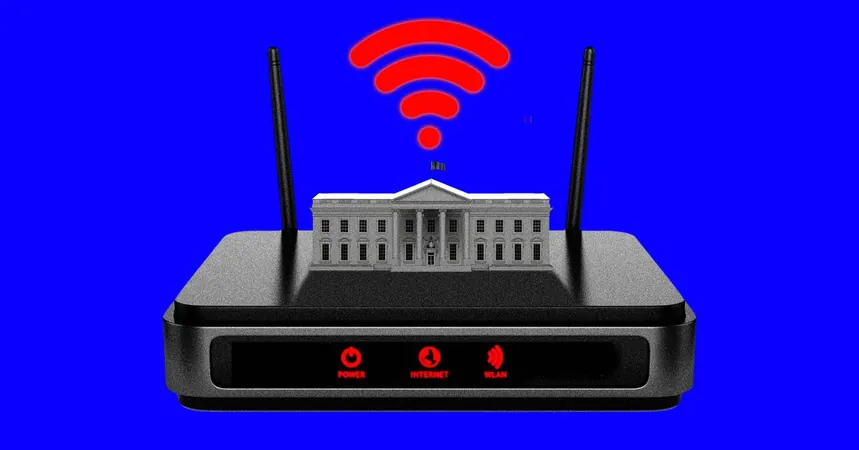
U.S. and Allies Scramble to Influence a Rebuilding Syria Amidst Turmoil
2024-12-12
Author: Wai
U.S. and Allies Scramble to Influence a Rebuilding Syria Amidst Turmoil
As Syria stands at a pivotal juncture following the ousting of Bashar al-Assad, global powers are intensifying their efforts to mold the nation’s future and maintain relations with the newly empowered rebel factions. On Thursday, U.S. Secretary of State Antony J. Blinken embarked on a diplomatic mission that began with a meeting in Jordan with King Abdullah II, where Blinken described the moment as one filled with both potential and peril for Syria and its neighboring regions. He then continued to Turkey for discussions with President Recep Tayyip Erdogan.
Blinken emphasized the critical importance of the new Syrian government, led by a Sunni Islamist faction previously labeled as a terrorist organization by the U.S. and others. He stressed that they must uphold fundamental human rights, especially the protection of minority groups, and ensure that Syria does not become a haven for terrorist organizations like ISIS.
In a show of heightened regional security concerns, Blinken further urged Israel to keep its military presence in the Syrian buffer zone — an area where Israeli forces have increased their presence following Assad's fall — to a temporary arrangement. Israeli troops have carried out hundreds of airstrikes targeting remnants of the Assad regime, acting on fears that extremist groups could fill the power vacuum and pose threats to Israeli territory.
Following a discussion with Prime Minister Benjamin Netanyahu, U.S. National Security Adviser Jake Sullivan stated that while Israel's military actions were "logical and consistent" with its self-defense, the U.S. expects a commitment to a temporary military presence. Netanyahu confirmed this approach, pointing out that Israel would not allow jihadist factions to take advantage of the instability along its borders.
The rebel coalition that toppled the Assad regime is led by Hayat Tahrir al-Sham, a group originally linked to Al Qaeda. Its leadership asserts they have moved beyond the pursuit of global jihad, but skepticism remains regarding their true intentions and agenda. Some analysts argue that international recognition of the group could enable humanitarian aid and constructive engagement, thus alleviating the plight of Syrians affected by conflict.
In a notable development, Turkey has emerged as the first nation to send a high-level representative to Syria since the rebels assumed control. Despite an ongoing silence from Turkey's intelligence agency regarding the visit to Damascus, Blinken's statements have indicated concerns about Turkey's military operations against U.S.-backed Kurdish forces in Syria’s northeast, underscoring the delicate balance of power in the region.
The Kurdish-led civil administration in Syria's northeast is now symbolically raising the Syrian independence flag over government buildings, signifying a desire for unity and national identity while also directing attention to the new leadership in Damascus, which has ties with Ankara.
The instability in Syria has provided Israel an opportunity to decimate the Assad regime's military capabilities, conducting over 350 airstrikes on various targets including military assets and chemical weapons, as confirmed by the Israeli military. Recent media coverage included a guided tour for Israeli journalists, showcasing deserted Syrian military sites.
Local military officials indicate that Israel is prepared for a prolonged presence in the buffer zone, reflecting their concerns regarding the future stability of Syria and the rise of the rebel leadership. The establishment of a new security arrangement appears remote due to ongoing turmoil, with Israeli officials expressing that they will remain in Syria until a credible force is capable of enforcing the 1974 cease-fire within the buffer zone.
This unfolding situation highlights not just a struggle for power within Syria but also international maneuvering that could shape the region’s dynamics for years to come – a scenario that will have far-reaching implications not only for Syria but for all nations involved. As the new leadership struggles to establish legitimacy and control, the world watches closely; the real question lingers — who will emerge as the true power brokers in this complex game?




 Brasil (PT)
Brasil (PT)
 Canada (EN)
Canada (EN)
 Chile (ES)
Chile (ES)
 España (ES)
España (ES)
 France (FR)
France (FR)
 Hong Kong (EN)
Hong Kong (EN)
 Italia (IT)
Italia (IT)
 日本 (JA)
日本 (JA)
 Magyarország (HU)
Magyarország (HU)
 Norge (NO)
Norge (NO)
 Polska (PL)
Polska (PL)
 Schweiz (DE)
Schweiz (DE)
 Singapore (EN)
Singapore (EN)
 Sverige (SV)
Sverige (SV)
 Suomi (FI)
Suomi (FI)
 Türkiye (TR)
Türkiye (TR)